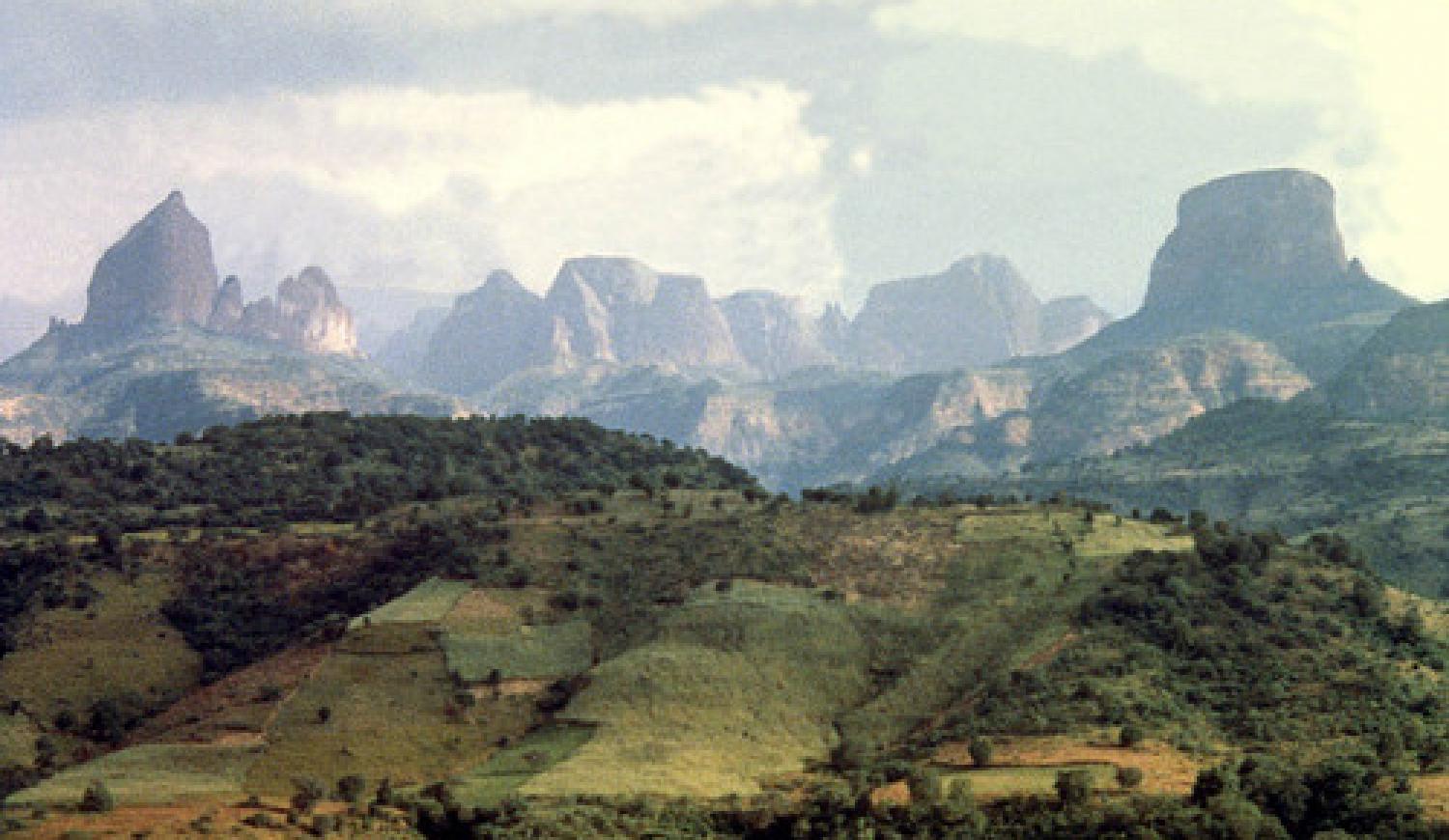African Gilima water wash bourbon Tanzania Kilimanjaro pearl round bean boutique coffee
Fine coffee is fresh coffee. Whether it's food or drink, the fresher the better, and so is specialty coffee. Coffee beans should be kept fresh before making fine coffee, including the preservation of roasted beans, and the coffee beans should be ground before making, which is also to retain its most original and best flavor. The hand-brewed coffee making method is such a way to make fine coffee, and it is also one of the coffee making methods that can best retain the original flavor of coffee. Fine coffee is good coffee and harmless to health. Unlike coffee made with inferior coffee beans, fine coffee uses high-quality coffee beans. Freshly made coffee is harmless to health and beneficial to the body and mind when consumed in moderation.
Kilimanjaro is located in the northeast of Tanzania and is Tanzania's largest coffee producing area accounting for 75%. Generally speaking, Tanzania's coffee beans have extraordinary quality. The important producing area is in the mountainous area close to Kenya in the north. Coffee farmers grow coffee 85%. Local coffee farmers grow coffee between 1300-2000m above sea level. Its coffee flavor is different from that of neighboring Ethiopia and Kenya. He has the characteristics of both countries. The body thickness is good and the aroma of fruit and flowers is worth a try. Coffee belongs to dicotyledonous plants. Generally speaking, a coffee cherry fruit normally has a pair of coffee seeds, which is what we call coffee beans. relative to flat beans.(pair of flat-sided beans), also known as caracol or caracolillo, which means small snail in Spanish; The yield of round beans, botanically, is said to be due to uneven pollination.(Arabica coffee species are self-pollinated plants, if a coffee flower has only one ovary, or only one ovary is successfully pollinated, only one seed can be produced), or nutrition is uneven during the growth process (usually more likely to occur in coffee fruits growing at the end of the coffee tree), nutrients are absorbed by only one of the cotyledons, and only the cotyledons that receive nutrients continue to grow into a single oval small egg coffee seed, thus having the name round bean. Normally, coffee plants produce about 3 to 5% of round beans, which are relatively rare in terms of yield, and because of their size and shape, round beans are often selected for sale separately by mesh screening.
This batch of Kilimanjaro pearl round beans, processed by washing, has an acid softness similar to Kenya coffee, a pleasant low acidity, a round taste and a medium viscosity. Fine Tanzanian beans taste similar to Kenyan coffee in texture, but overall quality is comparable to Kenyan coffee. In addition to the lingering finish, fruit and fruit acids are also combined, acidity is weaker than Kenya coffee, is a relatively mild coffee.

Important Notice :
前街咖啡 FrontStreet Coffee has moved to new addredd:
FrontStreet Coffee Address: 315,Donghua East Road,GuangZhou
Tel:020 38364473
- Prev

Moderately roasted Tanzanian coffee beans introduce Arusha Coffee Manor in the Jilimazaro Mountain Fire area
Coffee market in Tanzania: coffee exports from Tanzania (Tanzania) play an important role in the entire national economy. In the past, the coffee industry in Tanzania has been dominated by manor cultivation, but now more than 85% are grown by small farmers. Many small farmers form cooperative organizations, the most important of which is the Kilimanjaro Cooperative Alliance (KilimanjaroCoopera)
- Next

Introduction to the types and treatment of Panamanian Coffee
Manor: Panamanian Hartman Manor Black Honey treatment country: Panama Panama producing area: Hartmann Estate Variety: Caturra,Typica altitude: 1250-1700 Meters treatment: black Honey treatment Black Honye Flavor description: honey sweet, dried longan, dried fruit, noble red wine, ripe fruit finish, mellow. Manor: Hartman Manor in Panama
Related
- Does Rose Summer choose Blue, Green or Red? Detailed explanation of Rose Summer Coffee plots and Classification in Panamanian Jade Manor
- What is the difference between the origin, producing area, processing plant, cooperative and manor of coffee beans?
- How fine does the espresso powder fit? how to grind the espresso?
- Sca coffee roasting degree color card coffee roasting degree 8 roasting color values what do you mean?
- The practice of lattes: how to make lattes at home
- Introduction to Indonesian Fine Coffee beans-- Java Coffee producing area of Indonesian Arabica Coffee
- How much will the flavor of light and medium roasted rose summer be expressed? What baking level is rose summer suitable for?
- Introduction to the characteristics of washing, sun-drying or wet-planing coffee commonly used in Mantenin, Indonesia
- Price characteristics of Arabica Coffee Bean Starbucks introduction to Manning Coffee Bean Taste producing area Variety Manor
- What is the authentic Yega flavor? What are the flavor characteristics of the really excellent Yejasuffi coffee beans?

